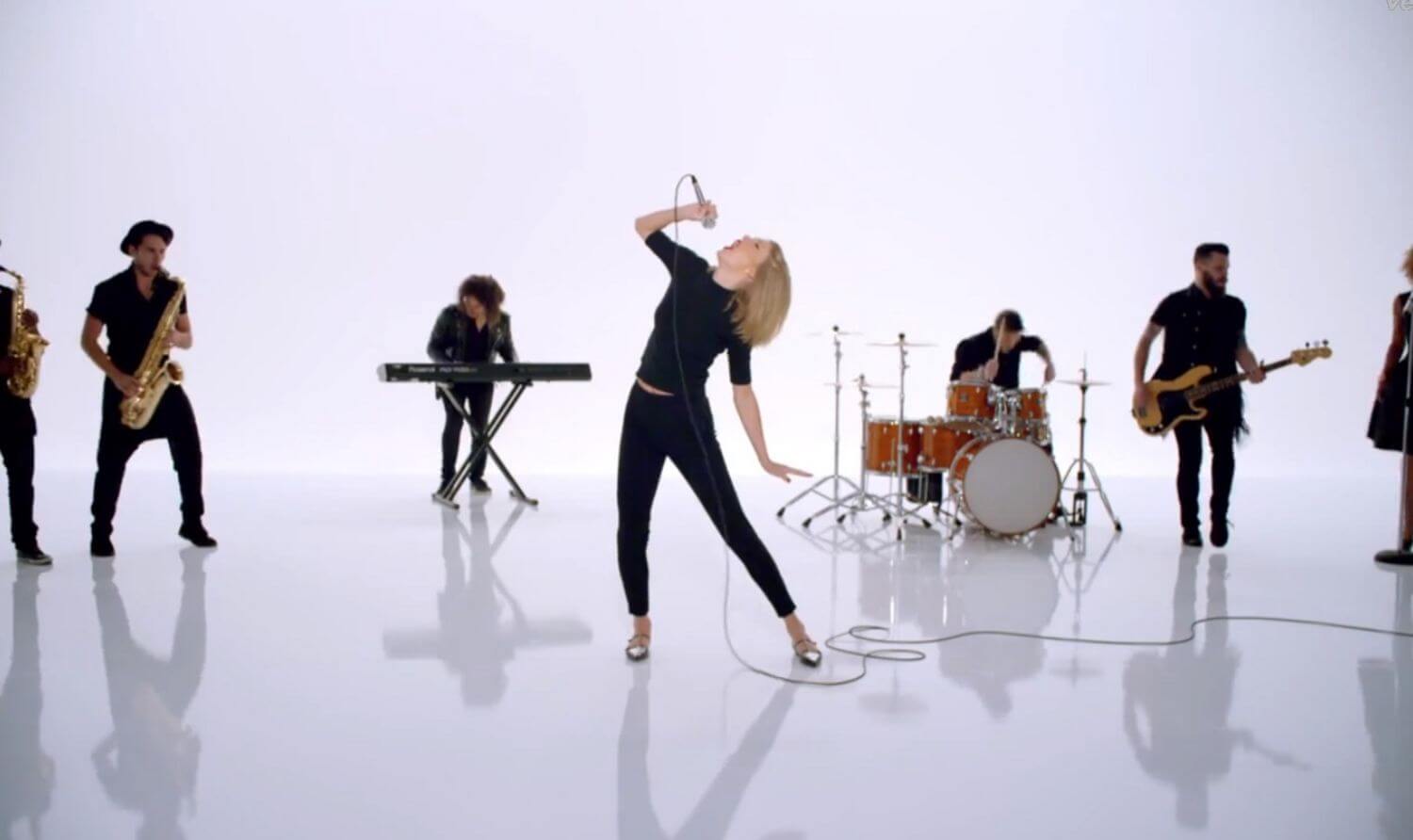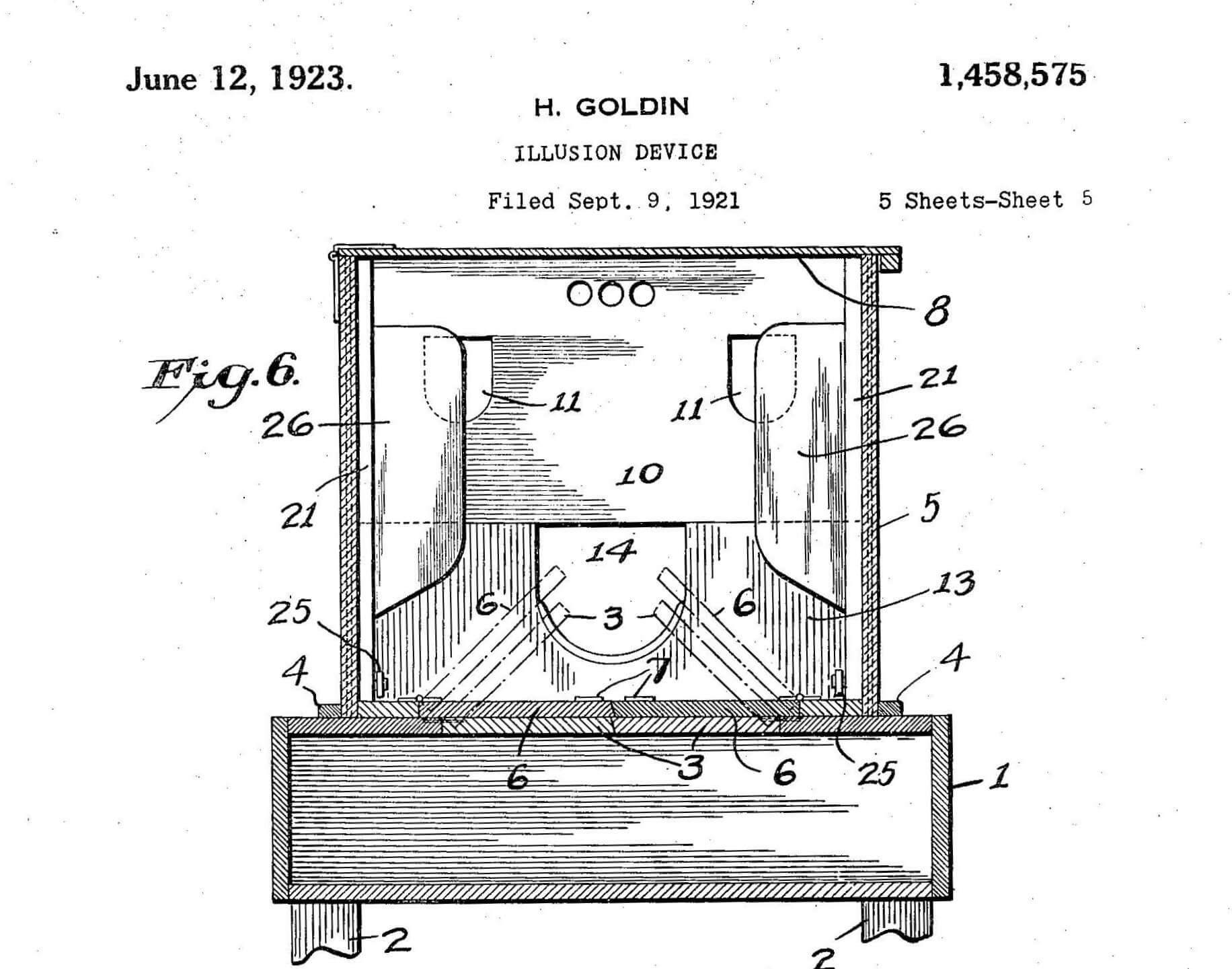Remembering Justice Ruth Bader Ginsburg
Takeaway: Justice Ginsburg largely advocated for copyright owners.

Ruth Bader Ginsburg was a judicial icon who will likely go down in American history as one of the most consequential jurists in U.S. judicial history. Whether one agrees or not with her positions on more social issues, it is undeniable that she was a judicial powerhouse before her time on the Supreme Court and during her 27-year service on the Court.
She is often remembered as a justice who empowered women and was outspoken on social issues; however, she was also a strong advocate for copyright owners. The decisions she took part in strengthened copyright owner protections and extended time limitations for these protections. For example, her 2003 ruling in Eldred v. Ashcroft upheld the Copyright Term Extension Act, a law that extended existing copyrights for 20 years beyond what had previously afforded to Copyright owners. Justice Ginsburg’s legacy and her tremendous accomplishments in Copyright law will continue to impact society and the legal profession as a whole for years beyond her passing.
Photo Credit: economist.com/obituary/2020/09/23/ruth-bader-ginsburg-died-on-september-18th
The USPTO Extends Time to Pay Fees for COVID-19 Related Applications
Takeaway: Under the USPTO’s new pilot program, provisional application fees are extended as of September 17,2020 for COVID-19 related inventors.
The United States Patent and Trademark Office is offering deferral of fees for inventors of COVID-19 related inventions under the new pilot program. The goal of this deferment of provisional application fees is to promote the science and progress behind COVID-19 related products and processes. The deferral period will extend the provisional filing fees for inventors until they apply for a non-provisional application. Noteworthy, however, it is important to note that applicants must agree that the technical subject matter disclosed in their provisional applications be made available to the public via a searchable collaboration database maintained on the USPTO’s website.
Copyright Lawsuit for Taylor Swift’s “Shake It Off” Will Proceed

Takeaway: Judge rules for song writers, denying a motion to dismiss the case against Taylor Swift’s “Shake It Off” song for copyright infringement.
A Los Angeles-based Federal Judge ruled against a motion to dismiss two songwriters’ claims that Taylor Swift’s lyrics infringed on their 2001 song by 3LW entitled “Playas Gon’ Play.” The 3LW song includes the lyrics at issue “Playas, they gonna play, and haters, they gonna hate,” allegedly infringed by Taylor Swift’s lyrics “Cause the players gonna play, play, play, play, play and the haters gonna hate, hate, hate, hate, hate.” The judge ruled that the songwriters of “Playas Gon’ Play” “have sufficiently alleged a protectable selection and arrangement or a sequence of creative expression,” and Taylor Swift’s “use as alleged is similar enough” to allow the case to proceed and survive a motion to dismiss.
Photo Credit: https://www.glamour.com/story/taylor-swift-shake-it-off-outfits
Be on Alert for Email Scams from Accounts Posing as the USPTO
Takeaway: Fraudulent emails are being sent to trademark applicants and registrants from accounts posing as the USPTO.
U.S trademark applicants and registrants are receiving emails that appear to be sent by the USPTO, when in fact they are fraudulent emails. These messages include that the applicant or registrant has provided incorrect filing information (e.g. fee information) to the USPTO or that the USPTO has a new policy regarding separate registration of clients and there will be a penalty implemented for not complying.
To ensure the communication applicants or registrants receive is actually from the USPTO, you can go to the USPTO’s Trademark Status & Document Retrieval (TSDR) database, which shows any communication on behalf of the USPTO to the applicant or registrant. If the email applicants or registrants received is not present, it is not from the USPTO and should not necessitate a response. Receivers of fraudulent emails from accounts acting as the USPTO can report these fraudulent communications by filing a consumer complaint with the Federal Trade Commission.
Starbucks Defends Its Puppy Beverage

Takeaway: Though your mark may be well-known, file a trademark to ensure protection.
Starbucks is defending its “secret menu” with the Trademark Trial and Appeal Board. The coffee chain recently filed an opposition to a New Jersey applicant’s attempt to trademark “Puppuccino” in connection with edible dog treats. Although the caffeine corporation lacks a registered trademark, Starbucks claims its “secret menu” item is a well-known whipped cream treat uniquely known by its furry customers.
Photo Credit: https://starbuckssecretmenu.net/puppuccino-starbucks-secret-menu/
Cislo & Thomas LLP Spotlight
Unique Patents from the Past: Illusion Device – Patent No.: 1,456,575
99 years ago this month, Horace Goldin of New York filed a patent application for an “apparatus in the form of a box whereby a person or object can be placed within and the container cut substantially in half, giving the effect to the audience of cutting the person or object in half.”
This famous magic trick of sawing a person in half can be dated as far back as 1809, but it did not become the memorable illusion it is until it was performed by British magician P.T. Selbit in January 1921 at the Finsbury Park Empire theatre in London.
Upon filing and issuance of his patent for this famous magic device, Goldin was met with much success and even more competition. Goldin was successful in using the courts to prevent competition of his idea; however, because patents require inventors to reveal the workings of their inventions to the public domain, the workings of this magic trick would be no longer a secret.
Eventually, the proceeds from Goldin’s famous jaw-dropping apparatus were eaten up by the cost of fighting his competitors, but his legacy lives on as one of the most famous magic tricks of all time.


Enjoy keeping up with IP news?



